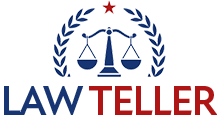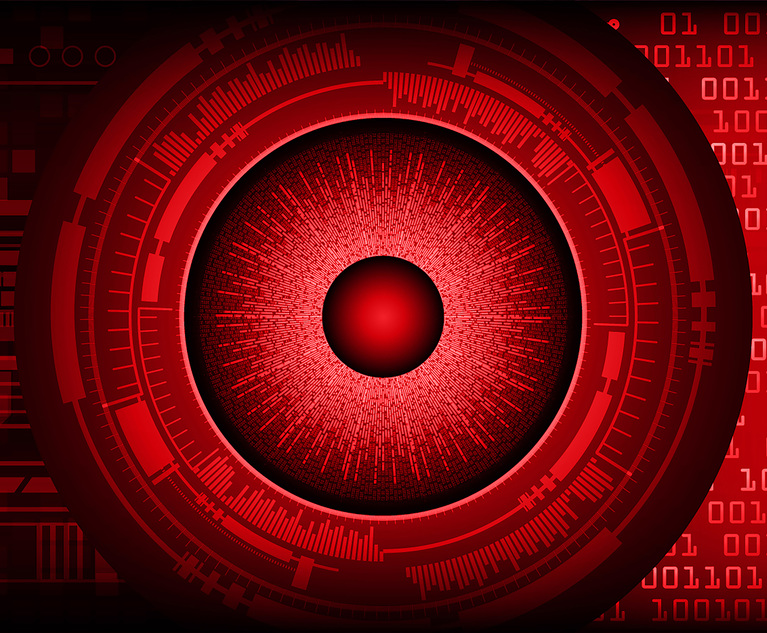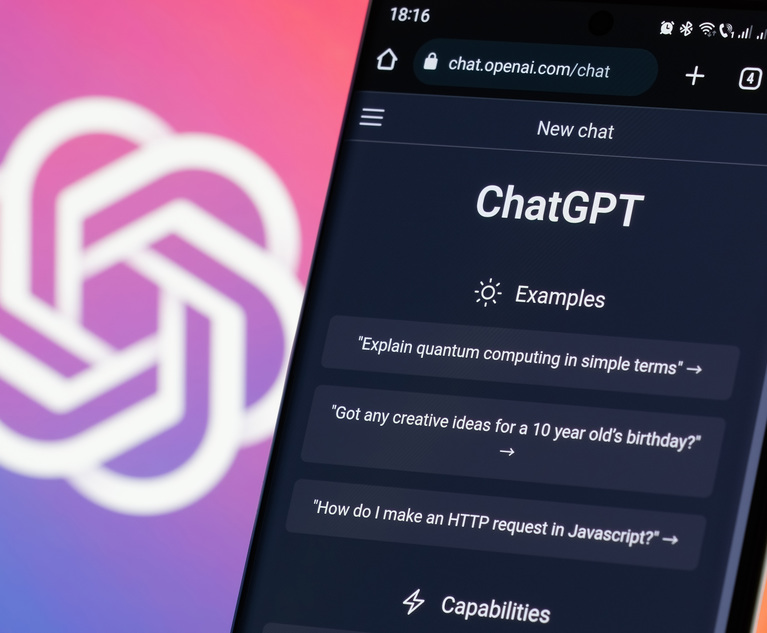A new legal tech company based in Paris is aiming to be first on the market with an artificial intelligence tool for legal research and drafting based on European law.
Jimini AI—the name comes from the super-energetic Disney character Jiminy Cricket—is currently being tested by leading law firms in France, including Gide Loyrette Nouel, and by in-house legal departments, including the French logistics company CMA CGM.
The company’s founders recently raised €1.9 million in venture funding and plan to take the product to market next year.
The founders of Jimini, neither of whom is a lawyer, have elite French educations in business and engineering, and experience in legal tech entrepreneurship and AI.
They decided to target the legal profession for their startup because, after three years of development and market research, all signs pointed to lawyers as the ideal candidates.
“For lawyers, the pain point is time: There is never enough,” Raphaël Arroche, one of Jimini’s co-founders, told Law.com International.
“Fifty percent of their work is in tasks that are repetitive and tedious: research, comparison of documents, and drafting,” Arroche said during a recent interview.
By making these tasks faster to perform, lawyers can focus on bringing the human factor: legal analysis, document editing and refining, and client service, Arroche said.
“It’s a research tool; it’s not the research itself,” he said.
He added that because Jimini works off the law firm’s own proprietary content, it is more secure than mainstream AI tools such as ChatGPT.
“Jimini becomes more intelligent and more personalized as the firm works with it,” he said.
For Gide, which ranked 172nd in the 2023 Global 200, trialing Jimini fit with a firmwide commitment to stay on top of legal tech tools, particularly those that international competitors were using, according to Louis Oudot de Dainville, a mergers and acquisitions partner and point person at the firm on all things AI.
“We risk being overwhelmed by international firms that are more efficient because of these tools,” he said. “It is clearly a necessity to keep up with them, and keep our competitiveness.”
Gide has been testing legal tech tools for the past five years, he said, and for the most part has found that they “promise the moon but in the end, don’t deliver.”
The fact that Jimini is based on European law is a selling point, Oudot de Dainville said.
“On points of law, the quality of the database is important. If you want anything that has passed through American or U.K. regulators, for example, Harvey will have it—and that can be very useful if you are working for a listed French company,” he said.
“Jimini performs the same service, but for European and French law,” he added. “For most of our work, that is more relevant.”
Another selling point for Jimini, and for similar legal tech AI tools such as Harvey, is the capacity to cite sources for the information it produces, rather than simply providing text with no trace of where it came from.
“It is very important for a lawyer to verify the information,” Oudot de Dainville said. “That is a real distinguishing feature.”
He acknowledged the risk that, as more law firms adopt AI tools and the tools themselves improve, concern could grow that new lawyers will be missing out on some of the research and drafting experience that has been a central part of legal training.
“This is a discussion that law firms will have to have down the line,” he said.
“But things change and get better,” he added. “It used to be that we looked up citations in books. Online search made that more efficient, so there is time for other work that is equally important in developing legal minds.”








